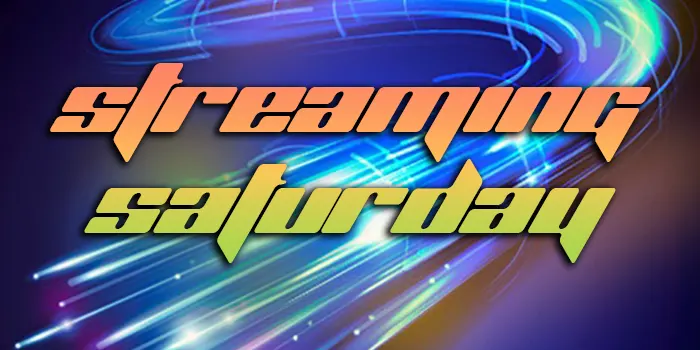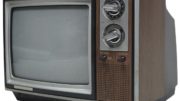Friends, I had this space reserved for my review of Rebel Moon Part 2. But, for the life of me, I can’t bring myself to watch it. The reviews have been scathing, although they imply that part 2 is still better than part 1. I’ll say that’s a pretty low bar since part 1 really seemed like a Star Wars fan film with a huge budget. If you haven’t seen it, I’d say you shouldn’t. I have honestly been kinder to part 1 than most critics. I mostly say I was bored by it, while others actively disliked it.
The role of the film critic
In generations past, critics themselves were stars. Whether you preferred the erudite Pauline Kael or the populist Roger Ebert, film critics were the late-70s version of influencers. Treated to early screenings, they shaped public opinion. A good review meant good box office receipts, while a bad review was a big hurdle to jump over. Some badly-reviewed films did go on to box-office success and some films were “review-proof,” but for most films a bad review meant the end of the line. Such was the power of the professional film critic.
That’s the world I came of age in. My opinions on film were shaped by the opinions of others. Films that weren’t well received by someone else were just hard to find, so if I was looking for an old movie to rent (on VHS) I generally found well-reviewed ones. It’s also the world where I received a lot of my training in film criticism. I won’t claim to have decades of professional experience, but I’ve taken courses on the subject and that’s more than most people.
So, I came to feel in my early days that the film critic was an essential part of the film experience. Not only did the film critic help people find good films and warn them against bad once. Critics also helped people look for key themes and points in films to help everyone get a better understanding of what films are all about.
The 21st century, where everyone really is a critic
Of course, the world’s a different place now than it was when Pauline Kael and Roger Ebert walked the earth. Today’s film reviews are often done by people with no training in film. Google prioritizes user reviews over traditional critical reviews. You can still find people like Christie Lemire and A.O. Scott reviewing films, but their voices are often drowned out by legions of regular folks.
Sometimes this works out. The first century of film is full of cases where critics got it wrong and where “revered” films make little or no impact on our culture. Films are, by my training, an instrument of affecting the public, and if the public isn’t affected then the film has failed in its mission. Have you ever heard of a film called Dancing at Lughnasa? Do you vaguely remember the silent film The Artist? Both were critical darlings and if you watch them, they’re really good. But as awarded as they were, they didn’t capture the public’s eye. They’re largely forgotten now.
On the other hand, films like The Wizard of Oz and Gone with the Wind are still part of our culture today. Both films were released in 1939. They were both poorly reviewed, Oz getting the harsher treatment. Wind seemed to make some critics happy but many of them complained that it did the book a disservice. Compare that to 21st century reviews of the Harry Potter films where critics have just laid back and admitted that people are going to like them even if they’re objectively not that good.
Are we worse off today because professional critics have less power?
Old fuddy-duddies will tell you we are. The majority of film reviews are done by people who have little or no understanding of the art of filmmaking. That leads to “review bombing.” Good films are sometimes trounced in the public eye because they are controversial to some people. That’s the opposite of what a film critic would want. A film critic wants to see films that take us out of our comfort zone and challenge us. The average person leaving a Google review just wants you to know if the explosions are cool.
There’s a middle ground, though, and it’s worth bringing up. There are legions of people like me with a strong grounding in film and who understand the critical process. Because it’s not 1975, we can’t get jobs as film critics. But we love film and what it means to our society. The internet has given us a voice and I think the culture is better for it. Not specifically because I, personally, can gripe about films but because lots of people who understand filmmaking can do it.
What the internet has done is give people a choice of who to listen to. If you want to know if the latest action flick is worth $50 for two tickets and stale popcorn, someone’s going to tell you that. On the other hand if you hear about a sensitive film about a Nazi raising a family in the shadow of a concentration camp, there are places to find out about that too.
You have the power. Seriously.
If you’re reading this, you probably know that you have the power to influence the culture. You can become educated in the lore and craft of film if you think that’s important. You can seek out lists of “important” films to watch. Or you can find cheaply made shoot-em-ups that look and play like video games. There’s room for both in our culture and it’s a mistake to say one kind of film is “better.” It’s up to you — it’s up to all of us — to decide that. I only hope that you’ll read or watch classical film criticism as much as you watch a tarted-up hottie on TikTok with a “hot take.” It’s worth doing both.





